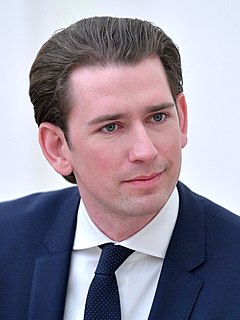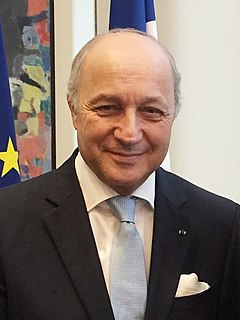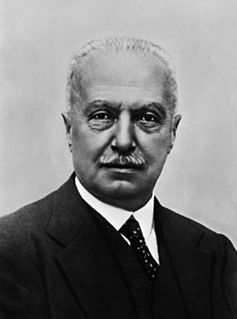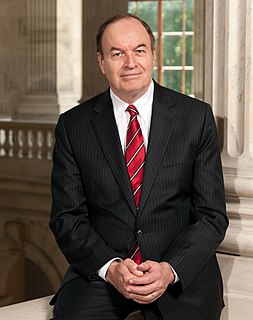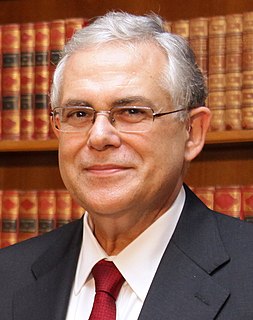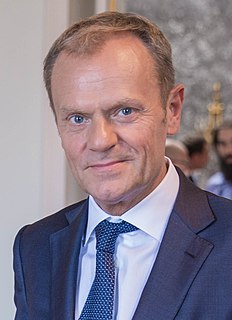A Quote by Sebastian Kurz
Luckily, Europe, step by step, recognised that these mass refugee movements to Europe cannot work.
Related Quotes
One thing we know: Things will become even more destabilized if we don't step up Sino-U.S. cooperation. If you want to envisage a worst-case scenario, it is that Putin reveals step by step the inner weaknesses of the West, particularly in Europe, and the Chinese see in that an opportunity for emulation in the Far East, and then step by step through a gradual process we will be witnessing the emergence of Sino-Russian partnership in favor of a drastic change in the global balance of power.
If we are going to talk about the most recent of the "Indignados" movements in several countries of the world, including Europe, those are social movements but eventually they will evolve into political movements. This will happen because the traditional bourgeois parties have lost credibility after being the main political influence in most countries of Latin-America and Europe in the last 50 or 60 years.
The Federated Republic of Europe-the United States of Europe-that is what must be. National autonomy no longer suffices. Economic evolution demands the abolition of national frontiers. If Europe is to remain split into national groups, then Imperialism will recommence its work. Only a Federated Republic of Europe can give peace to the world.
